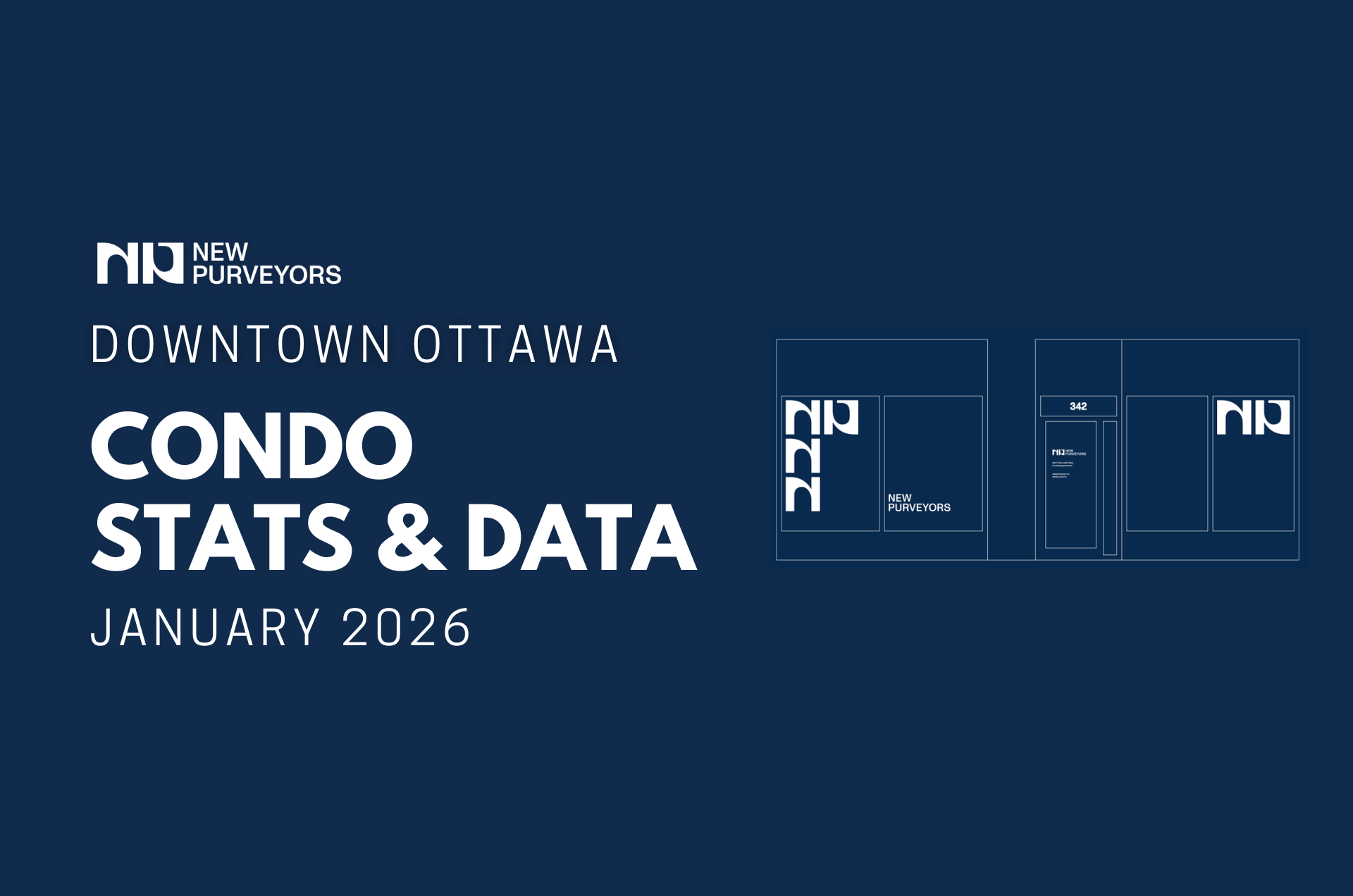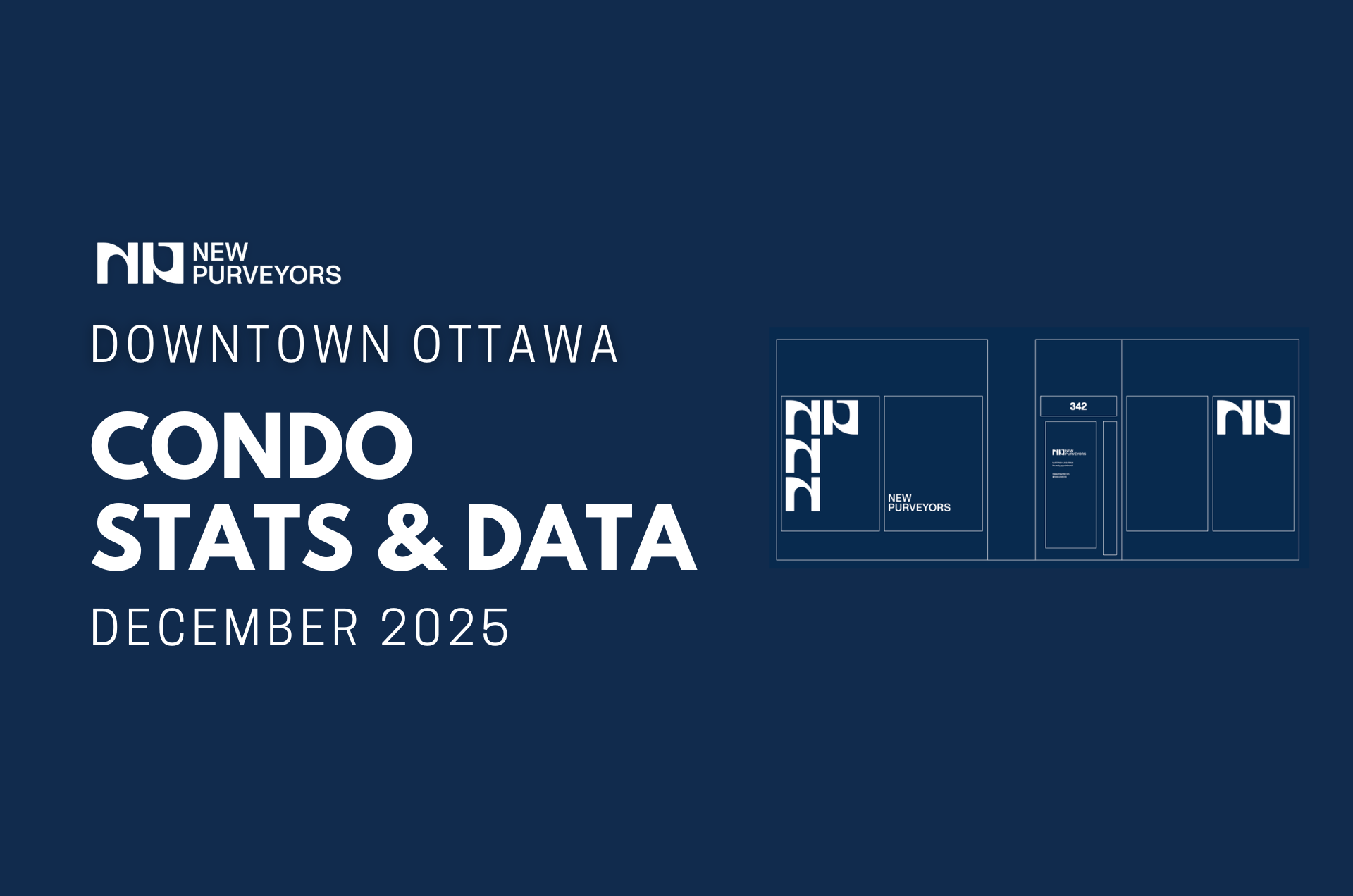If you’re considering buying a condo in Ottawa, there’s one line item that’s probably caught your eye—and maybe even made you pause. Condo fees.
Maybe it’s $380 a month. Maybe it’s $900. Maybe the unit is listed lower than expected, but the monthly fees seem unusually high. What do they actually cover? Are they too high? And are they worth it?
Here’s what every buyer should know about condo fees in Ottawa: what they include, what’s normal, and how they affect your bottom line.
What Are Condo Fees?
Condo fees, also known as maintenance fees, are monthly payments made by every unit owner in a condominium building. These fees are pooled together to cover all shared building expenses.
This usually includes building insurance, cleaning and maintenance of common areas (like hallways, the lobby, elevators, and shared spaces), landscaping, snow removal, and general repairs. A portion of the fee also goes toward the building’s reserve fund, which is money set aside for future major repairs or replacements—things like a new roof, garage updates, or exterior work.
If your building includes amenities like a gym, pool, or concierge, those costs are also covered through your condo fees. Some buildings go a step further and include utilities such as heat, water, or hydro. Others do not. It all depends on the building’s structure and how it was originally set up.
What Do Condo Fees Typically Cost in Ottawa?
In Ottawa, condo fees can vary quite a bit based on the age of the building, the size of the unit, and what’s included. In general, a low-rise condo with no major amenities might charge between $250 and $400 per month. A mid- or high-rise condo with basic amenities like a gym or party room might land between $400 and $600. Luxury buildings with things like a concierge, pool, sauna, or rooftop terrace can easily range from $600 to over $900 a month.
Keep in mind that the size of the unit also matters. Most buildings calculate fees based on a percentage of ownership, meaning larger units typically pay more each month than smaller ones in the same building.
When High Fees Might Be Worth It
It’s easy to assume that high condo fees are a bad thing, but that’s not always true. In fact, some buildings with higher fees offer significantly more value than their lower-fee counterparts.
For example, higher fees might include 24-hour concierge service, heated underground parking maintenance, all-inclusive utilities, access to a professionally maintained gym or indoor pool, or regular cleaning and repair schedules that preserve the long-term value of the building. Higher fees also often mean a well-funded reserve, which reduces the likelihood of owners being hit with unexpected bills down the road.
In many cases, what looks like a “high” fee might actually save you money or stress over time. It’s all about what’s included and how the building is managed.
Are High Condo Fees a Red Flag?
Not necessarily. A better question to ask is: What am I getting for my money? And is the reserve fund healthy?
Low fees can sometimes be misleading. A building with low condo fees might be cutting corners or underfunding its reserve fund, which can lead to larger issues in the future. That’s when owners might face special assessments—one-time payments required from every unit owner to cover major repairs that the reserve fund can’t handle.
To protect yourself, always ask about what’s included in the monthly fee, whether the reserve fund study is up to date, and whether there are any planned increases or upcoming major repairs. These details are typically outlined in the building’s status certificate, which your lawyer will review before your purchase is finalized.
How Condo Fees Affect Your Mortgage
One thing many buyers don’t realize is that condo fees can impact how much a lender is willing to approve you for.
When you get pre-approved for a mortgage, the lender isn’t just looking at your purchase price. They’re looking at your total monthly housing costs—including condo fees. That means a condo with high fees might reduce how much you qualify for, even if the unit itself is more affordable.
For example, a $450,000 condo with $900 in monthly fees could end up being harder to qualify for than a $500,000 condo with only $300 in fees. It doesn’t mean either is better or worse—it just means it’s important to consider the full monthly picture, not just the list price.
Real Examples From the Ottawa Market
Every building is different. If you're trying to compare, it helps to look at real examples. On our site, we’ve built some of the most detailed condo pages in Ottawa—including pricing history, amenities, and fee breakdowns—so buyers can understand exactly what they’re getting into.
Want to see the difference between a building with all-inclusive fees and one with bare-bones maintenance? Compare buildings like The Bowery at 255 Bay Street with The Mondrian at 324 Laurier Avenue West. Some buildings offer rooftop terraces, others include hydro, and some are better known for their well-managed reserve funds. Our team knows the ins and outs of each one—and we’re happy to walk you through what to expect.
The Bottom Line
Condo fees aren’t a nuisance—they’re part of what makes condo living easy and low-maintenance. That said, not all fees are created equal. What matters is what’s included, how the building is run, and how those fees fit into your overall financial plan.
If you’re in the market for a condo in Ottawa, we can help you compare your options, read between the lines, and make a smart investment. Reach out anytime—we’re here to help.



































